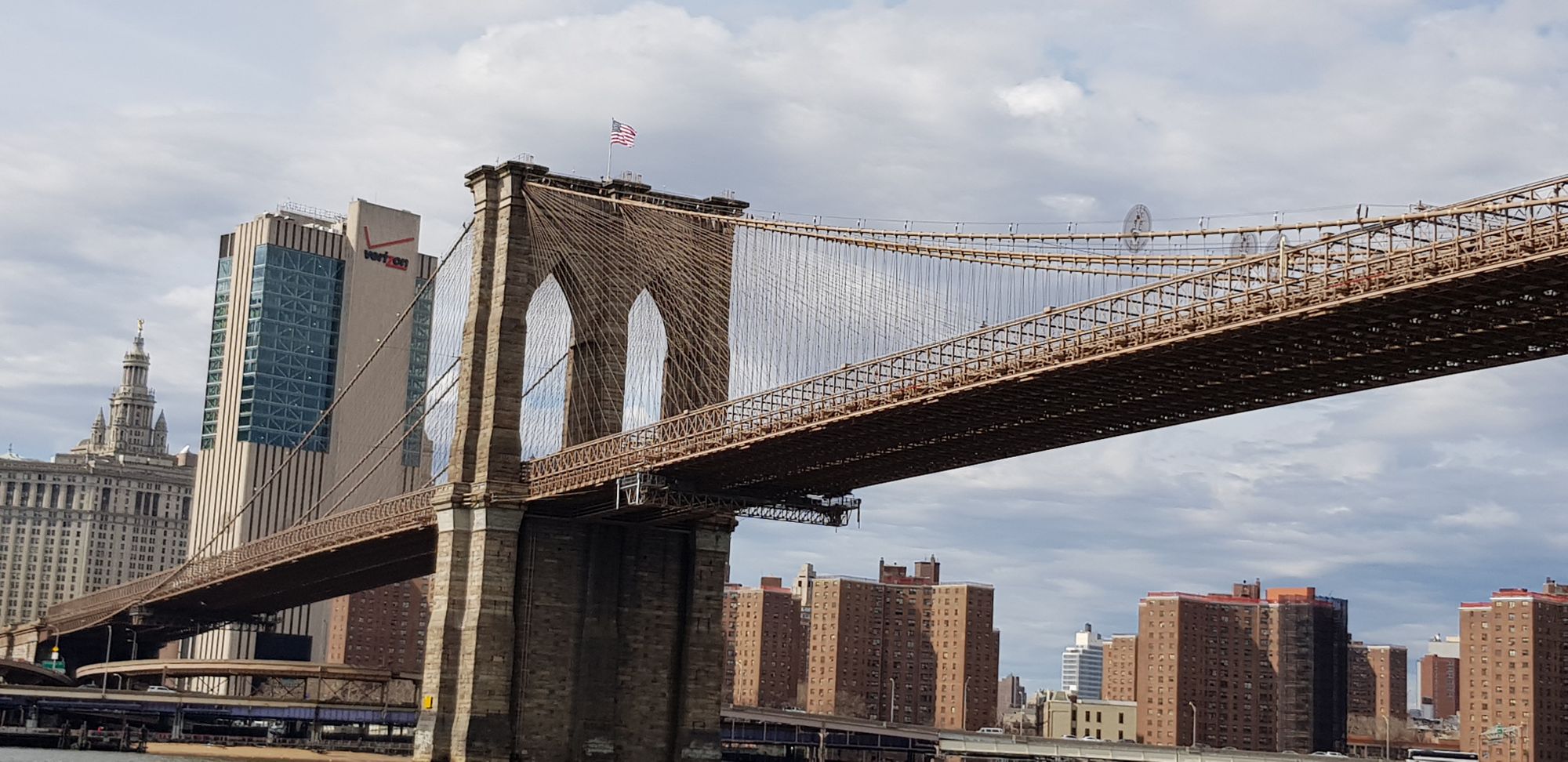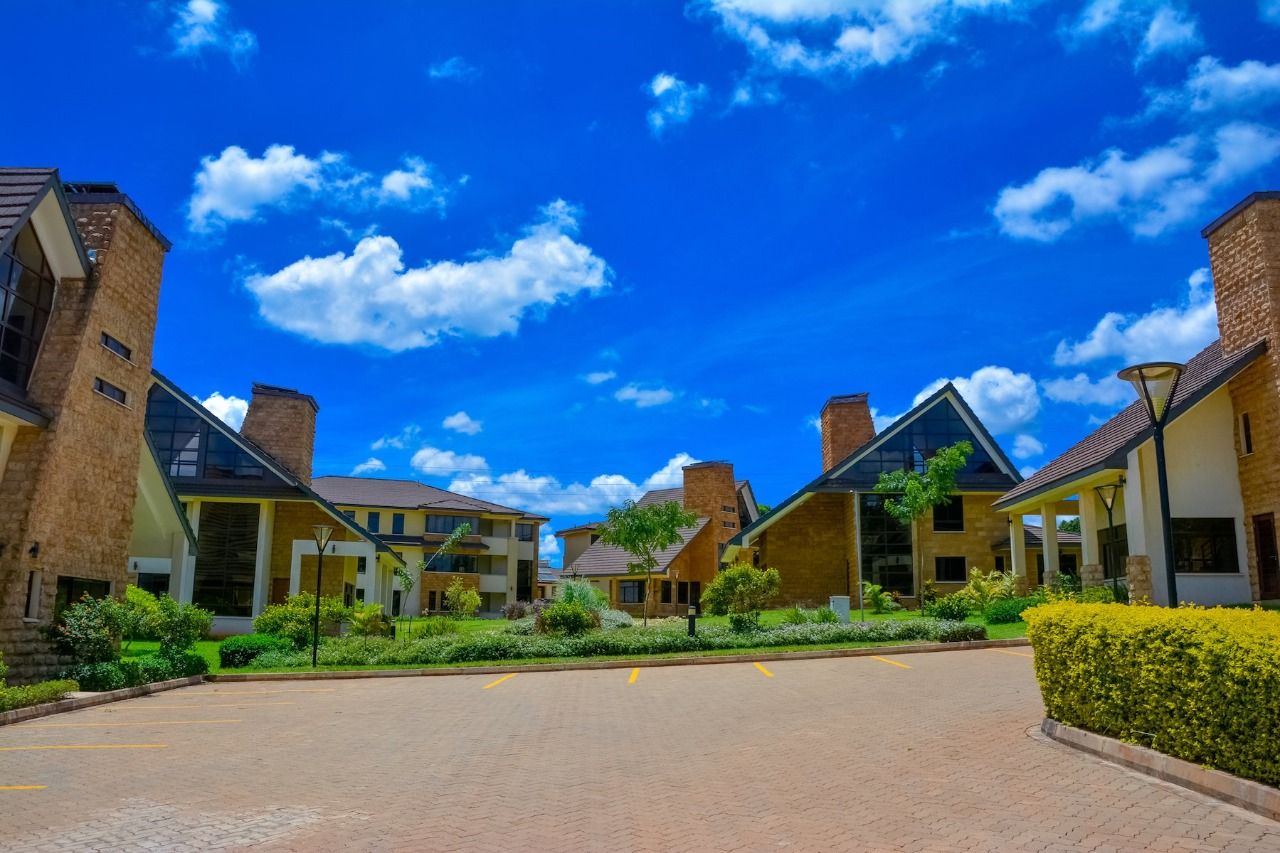Travel is life.
For me, anyway.
If you spend any amount of time with me, I’m likely to go into a story about where I have been, where I am going or where I want to go. I love to travel because it exposes me to new ideas, new cultures and new things. I get to visit new places, meet new people, get out of my comfort zone and think about things differently.
I have my parents to thank for my wanderlust. Growing up, they took us everywhere and often went on trips on their own. Family trips meant anything from visits to relatives to vacations in exotic places and staying in hotels. And you’re probably jumping to conclusions that I come from a wealthy family which is why I can travel so much. I don’t. My parents were able to do these things because they planned.
They also taught me responsibility, and every one of us contributes to the family trip kitty. The first time I contributed to the kitty, I paid my contribution from my December salary and suffered through 45 days of January. This was a painful lesson, and I vowed never to go through it again. The next year, I started a travel fund. I calculated how much I would need to spend and divided it into monthly instalments. By the time December came, I had more than enough for the trip. Even as I started to travel by myself, I continued this habit. I budget for the year in advance, estimating how much it would cost for each trip and then contribute to the fund accordingly.
Whether it is an international trip, a long weekend away, or visiting the relatives over the holidays, travelling can be less painful if we plan—tip number one, save in advance. Even if you’re only visiting your relatives for the holidays, there’s no reason to cover the cost of the trip from your current month’s salary.
Tip number two is to get the most out of your money. If you’re going to spend, then it should be worth the money. Here are a few things to look out for when you’re travelling that can save you some money or help you get the most out of what you’ve spent.
Timing
- Travelling in the high season costs more than the low season. For instance, the Maasai Mara in July and August or Diani during the December holiday season is expensive. You could still catch the migration in October/November or enjoy the beach two weeks after the New Year at a cheaper cost.
- Weekends and public holidays are more expensive than weekdays. If you have to travel during these periods, book early as both accommodation and transport costs are higher, and more so, closer to the date. Some hotels also charge holiday supplements if you’re staying for Christmas and New Year.
- You can also travel earlier and still spend the holidays with your family. Travel on 20th December and return before the 1st and you’ll spend less money than someone travelling on the 24th and returning on 2nd January.
- Shared trips are cheaper than solo trips—economies of scale and all that. For instance, it was cheaper to go on a group trip to the Chalbi Desert than if I had tried to plan it myself.
Transport
- Book your flights as early as you can as the closer you are to the departure date, the more expensive the flights are—something about different classes of tickets.
- The more layovers you have, the cheaper the flights. I know, it’s not always convenient, but if you have the time, you can take a meandering route. I love Addis, and most of the touring I have done in the city has been during layovers waiting for connections to or from Nairobi.
- Very early and very late flights are usually cheaper than the middle of the day flights. Think of the middle of the day like rush hour and avoid it if you can.
- Use mass transit where possible. Matatus, tuk-tuks, trains, trams and the subway are cheaper than taxis and ride-shares. I love trains when travelling between cities and countries. You see a lot more than when you’re flying. The SGR, for instance, incorporates a game drive; so many elephants to see on the ride.
- Drive when you can but make sure you give your car the love it needs before and after the trip. For instance, you can drive a Vitz in Amboseli in the dry season. You probably should not try it in the Maasai Mara in any season.
- Some trips call for land cruisers while vans suffice for others. Choose wisely without compromising on the quality of your journey. Land Cruisers tend to be more expensive, so make sure it is worth the extra cost. Despite having to be bailed out twice in the Mara, I’d still choose the van over the land cruiser.
- Lease cars when you need them rather than having a car at your disposal for the entire trip. If you’re in Mombasa for a week but only touring on Tuesday, lease the car on Tuesday and use other transport for the rest of the days. It’s cheaper.
- Ask your hotel for transfers to and from the airport or bus terminal. It is often free, but even if they do charge, it is cheaper than taking a taxi. In a new country, if fares aren’t publicly displayed, you may get fleeced.
Accommodation
- Check for deals online and from your travel agent. You’ll be surprised to find that booking directly from the hotel does not necessarily mean it will be cheaper. However, your travel agent or an online booking site could have negotiated a more affordable deal on flights and accommodation because they are buying en masse.
- You can now go for AirBnBs instead of hotels. They tend to be cheaper but make sure they are not too far off the beaten path. You can end up spending your savings on transport costs if you’re on a sightseeing trip.
- You can also opt for self-catering options where you rent the house and then prepare food for yourself. If you don’t want to cook, you can ask the owners to get you a chef, and all you have to do is buy the food. Self-catering is cheaper than a hotel if you have a large family. Karengata and Langata Link have amazing rental homes.
- If you love to travel by yourself, check for hotels that have single rooms. I love to travel by myself and hate paying the single supplement. Grr!!!
- Again, if you’re out sightseeing all day, do you really need a five-star hotel? A lower star, an inn or a hostel could do instead. My BFF Pauline and I intend to visit Monte Carlo, but we’re not going to stay in Monte Carlo and break the bank. We’ll commute there every day.
- If you’re visiting one of our national parks, hotels within the park are more expensive than those out of the park. You could save some cash by staying out of the park. You’ll still have to pay every time you drive into the park though.
Meals
- Full-board: This option provides three meals a day, and some may include a soft drink with meals. Other meals and all drinks are purchased as you use them. If you’re making short trips in the vicinity of the hotel or vacationing in the middle of a national park, then full-board is the way to go.
- Half-board covers only two meals; breakfast and either lunch or dinner with a soft drink. If you’re on a business trip that brings you back to the hotel for dinner or a leisure trip that involves a lot of day trips, this is the plan for you. You can have your lunch on the move.
- Bed and breakfast option covers only breakfast, and you pay for any other meals or drinks. If you’re on a business trip and meeting clients, go for the B&B option. You’ll likely eat out at conferences and go out to dinner with clients or colleagues. You won’t properly utilise the other options.
- The all-inclusive option covers all meals, snacks, drinks (soft and some specified alcoholic beverages). If you have no plans to leave the hotel, this is the option for you. Most hotels provide snacks and drinks all day on top of the three meals available with half-board.
- Street food: If you’re going to travel, try out the street food. There’s no better way to immerse yourself into the culture, and the food is usually cheaper than hotel and restaurant food. Of course, check for hygiene or you’ll end up paying hefty medical bills.
Excursions
- If you can, get on a trip where the package includes the excursions. Again, because of the numbers, these trips are generally cheaper. Kenya Outdoors does a fantastic job of planning the transport, the accommodation and all the excursions. They have a knack of finding out of the way places while still hitting the highlights whether you’re travelling local or international.
- Do your research. When you check for potential sites to visit online, you tend to find the most expensive ones first. Keep checking and find cheaper alternatives that work with your budget.
- Do everything in one direction and then move to a different location the next day. Sometimes you waste a lot of time, and taxi fare, getting to dispersed locations. Create a hit list, find those in the same direction and hit them all at once before moving to the next direction.
- I’m not a fan of tours for day trips. For instance, I decided to walk the Boston Freedom Trail instead of taking the bus tour. It gave me a chance to pick and choose the locations. However, sometimes the package option is cheaper than paying for each site individually, and you are fast-tracked at the entrances while I have to queue endlessly.
- Here shared trips are great—for instance, the more people on the boat, the cheaper the cost. If you’re alone, it is cheaper to book from the hotel as they have a fixed rate and will have other people going out as well.
- Pre-pay: Advance tickets and online tickets are cheaper than entrance tickets, and you don’t have to queue.
Parting shot
Not all people who travel are wealthy, and not all trips cost a million. With proper planning and a lot of research, you can get good value for money even with a tight budget. Are you planning to travel next year, how much will it cost? Start saving now, and don’t forget that your money needs to work for you. Save your money in a revenue-earning account while you accumulate the funds. Happy travels! We’re launching a section on travel next year. Don’t miss out on the launch. Subscribe to get a notification when we’re up and running.





